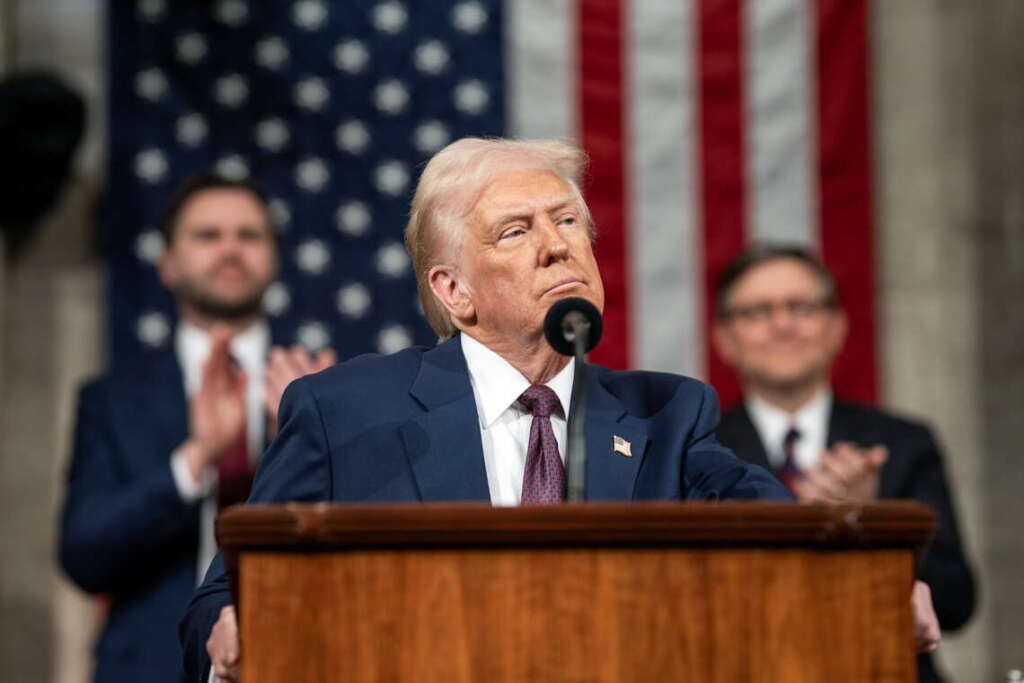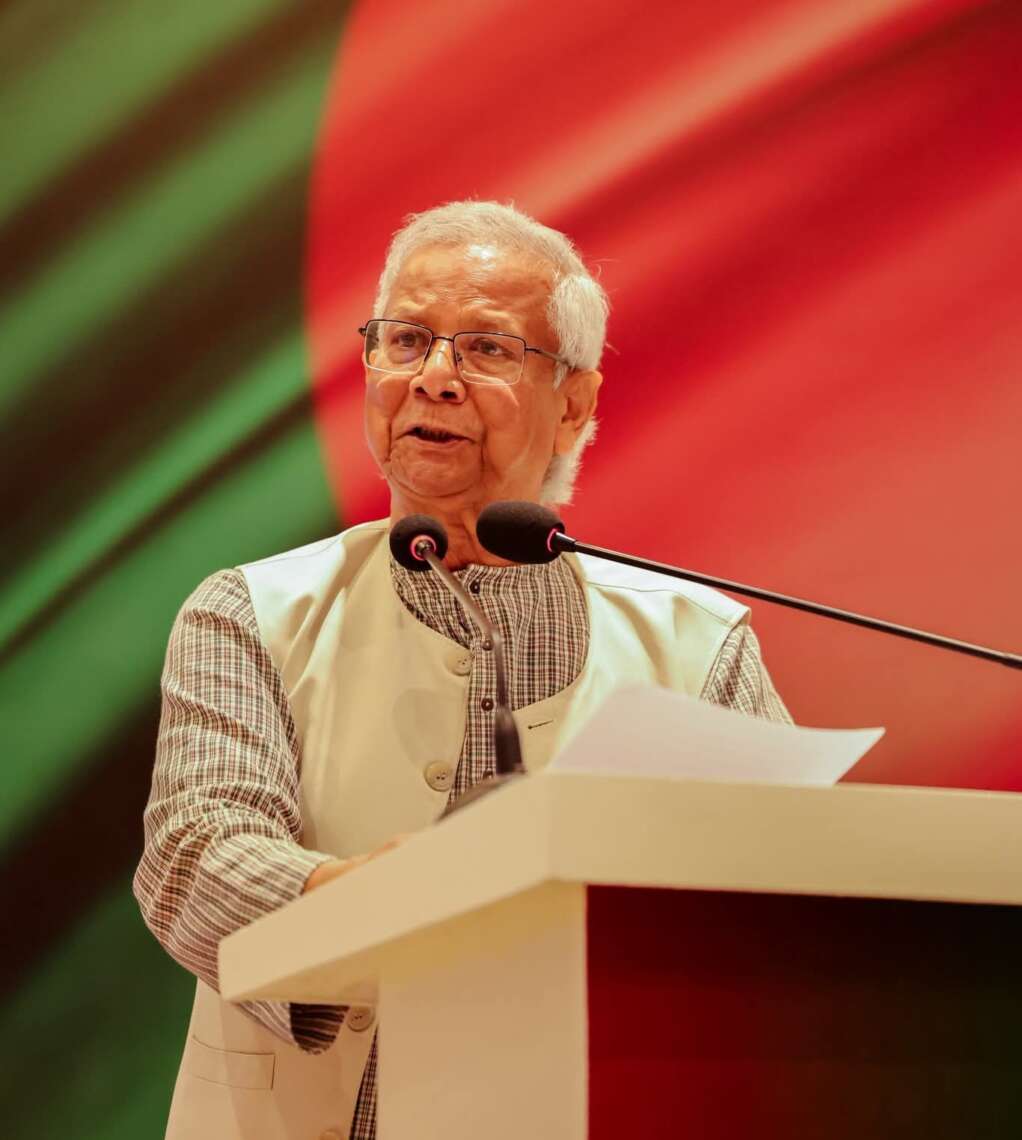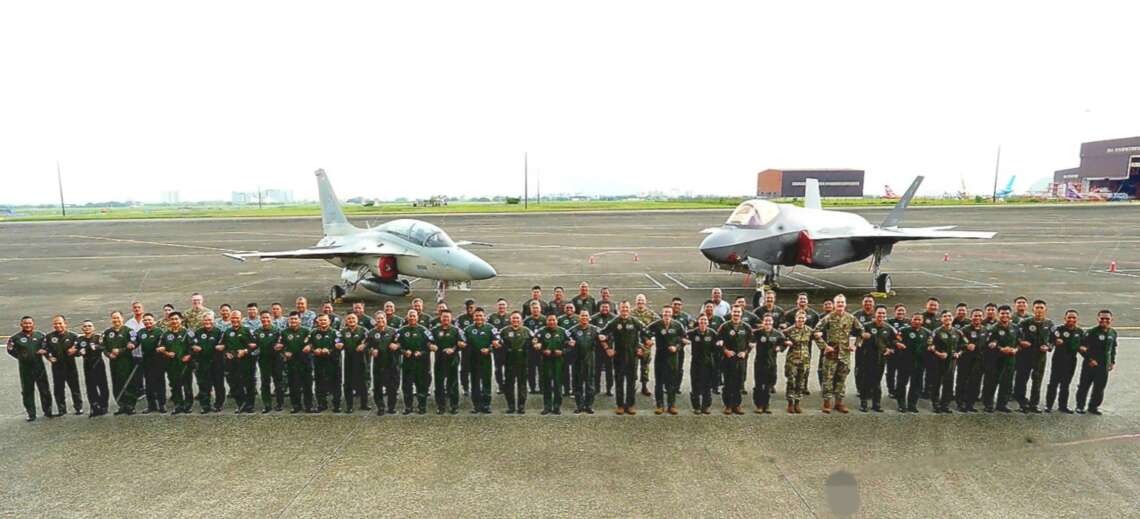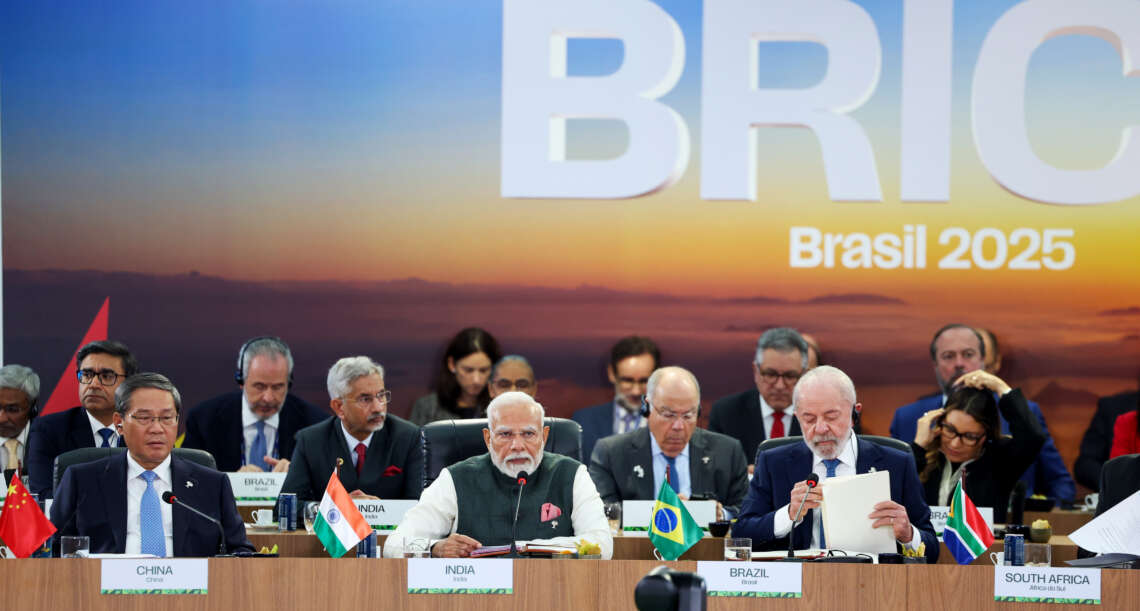Dhaka seeks compromise as Trump’s 35% tariff looms large over key exports; Washington urges worker protections, factory relocation to US…reports Asian Lite News
Bangladesh has opened the second round of critical trade talks with the United States by offering to significantly increase imports from Washington, in a bid to defuse tensions sparked by a sweeping new tariff regime announced by US President Donald Trump earlier this week. The negotiations come at a tense juncture for Bangladesh, as the country’s interim administration looks to stabilise the economy, avoid a trade war, and prepare for elections early next year.
On the first day of the three-day tariff talks in Washington DC, Bangladeshi officials proposed stepping up imports of key US goods such as cotton, soybean, edible oil, and Boeing aircraft, according to a senior official from the Bangladeshi delegation speaking to ANI. The talks, described as “comprehensive” by Dhaka, are part of ongoing discussions over a potential Agreement on Reciprocal Tariff.
The United States, meanwhile, used the session to press Bangladesh on two key fronts—relocating some of its garment production lines to the US and improving protections for garment workers back home. Washington has long flagged concerns over labour conditions in Bangladesh’s $45 billion textile industry, which supplies major US brands.
“We appreciated the US proposals to relocate garment factories and protect worker rights,” said a Bangladeshi official involved in the negotiations. “We have no objection to US-based factories, but shoppers must be prepared to pay more. A $10 T-shirt might cost $200 if made in America.”
The stakes are high. Just days before the talks began, President Trump issued a letter slapping a flat 35% tariff on all Bangladeshi imports into the United States, citing what he called “long-term and very persistent trade deficits” and “non-reciprocal” trade practices. The tariffs are scheduled to take effect on August 1, 2025.
“Our relationship has, unfortunately, been far from reciprocal,” Trump’s letter said. “Starting on August 1, we will charge Bangladesh a tariff of 35% on any and all Bangladeshi products. Goods transshipped to evade this tariff will also be penalised.”

In a pointed warning, Trump added that if Bangladesh responds by raising its own tariffs, the US will raise its rates proportionally.
Bangladesh is among the first nations to return to the negotiating table following Trump’s July 7 letter addressed to 14 countries. Commerce Adviser Sheikh Bashiruddin is leading Dhaka’s delegation in Washington, while National Security Adviser Dr Khalilur Rahman and ICT special assistant Faiz Ahmed Tayeb are participating virtually from Dhaka.
Senior US officials from departments overseeing agriculture, energy, commerce, and intellectual property are also attending the talks, which are set to resume Thursday night Bangladesh time and continue into Friday.
For Bangladesh, the urgency is not just economic—it’s political. At home, Chief Adviser Muhammad Yunus has ordered preparations for the next general election to be completed by December. Speaking after a meeting with the Home Ministry and top security officials, Yunus instructed that 800,000 law enforcement officers be deployed across 47,000 polling stations, including 570,000 Ansar personnel and 141,000 police officers, many of whom will be equipped with body cameras.
To bolster public trust, Yunus has ordered a random reshuffling of officials before the polls and instructed that those involved in the last three controversial elections be assigned minimal roles. “The Chief Adviser has directed all preparations to be completed by December,” said Deputy Press Secretary Azad Majumdar.
Yunus, who assumed charge after the ouster of Sheikh Hasina in August 2024, is overseeing a sensitive transition period. The interim government, formed after a student-led uprising ended Hasina’s long tenure, is tasked with reforming institutions and preparing for free elections. In June, Yunus met Acting BNP Chairman Tarique Rahman in London, where they agreed on holding polls by early February 2026—possibly before Ramadan.
To ensure this timeline, Yunus told Rahman that key reforms and steps towards transitional justice must show progress by the end of this year.
Meanwhile, Dhaka’s efforts to resolve the tariff crisis with the US are seen as a critical test of its ability to navigate both economic and diplomatic pressures in an increasingly volatile global environment.
Bangladesh is heavily reliant on exports to the United States, particularly in the ready-made garments sector. The sudden imposition of a 35% blanket tariff could devastate this cornerstone of the country’s economy if not reversed or softened through negotiations.
As talks continue in Washington, both sides are expected to push for compromises—Dhaka by offering expanded imports and potential investment commitments, and Washington by possibly agreeing to phased or sector-specific tariff adjustments in return for labour rights guarantees.
Whether these efforts will bear fruit before August 1 remains uncertain. But with both economic stability and political credibility hanging in the balance, the stakes for Bangladesh have rarely been higher.














